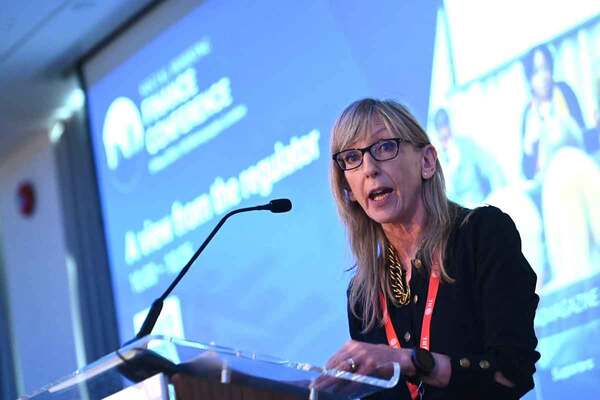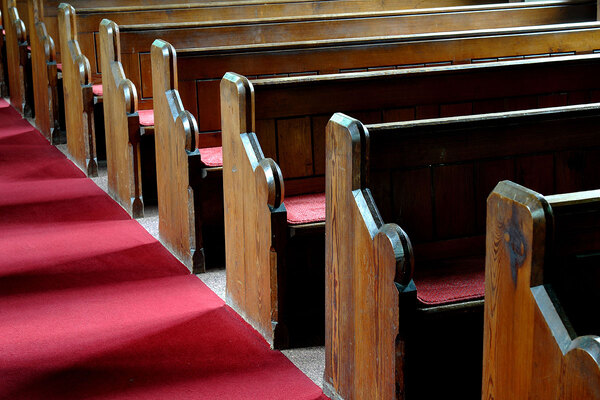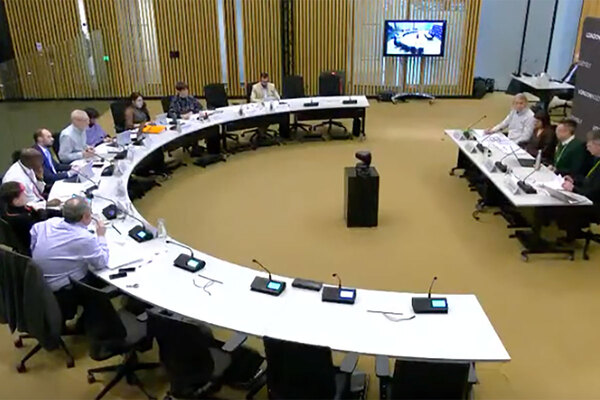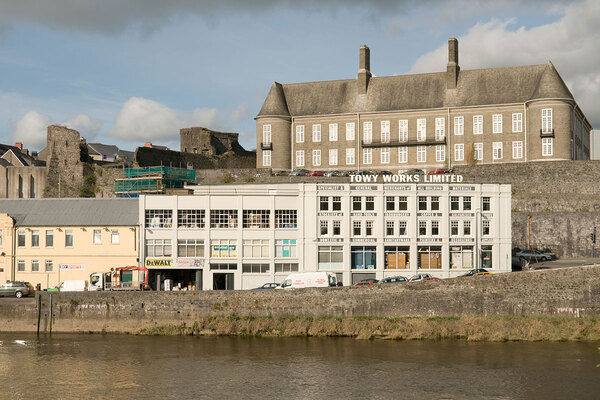Council left 8,000 fire actions overdue amid litany of safety failures
A local authority placed its residents at risk of “serious detriment” by failing to carry out legally required fire, gas, electrical and asbestos checks on thousands of homes.
Finding that Dudley Council had breached the Home Standard today, the Regulator of Social Housing (RSH) revealed that its investigation showed failures including 8,000 incomplete actions arising from fire risk assessments.
Dudley, which owns more than 21,000 social homes, referred itself to the regulator in March after it realised it had not carried out gas, asbestos, fire and electrical checks to all properties that needed them and had left fire safety remedial actions overdue.
It also lacked the data to say whether all of its homes met the Decent Homes Standard.
The authority has now commissioned a stock condition survey of all its homes, which it expects to complete in 12 months.
It had 300 properties that were overdue for annual gas safety checks as well as 500 blocks where fire risk assessments were outstanding and more than 8,000 remedial actions identified by risk assessments were incomplete.
More than 800 properties on its communal electrical testing programme were without a valid electrical installation condition report, and more than 300 properties had outstanding remedial works, the regulator said.
Dudley also reported that around 4,000 domestic properties had not had an electrical inspection within the past 10 years. Around 500 communal asbestos inspections were overdue.
“The regulator… has concluded that Dudley [Council] does not have an effective system in place to allow it to meet its responsibilities in relation to the quality of its homes, and in relation to statutory health and safety compliance across a range of areas,” the regulator said.
“Providing good-quality homes and complying with statutory health and safety requirements are fundamental responsibilities of all registered providers because of the potential for serious harm to tenants.
“Dudley [Council] has demonstrated to the regulator that it now understands its responsibilities and is completing the work it needs to undertake in relation to both its compliance with the Decent Homes Standard, and to ensure the required statutory health and safety checks are completed.
“However, taking into account the seriousness of the issues and the number of tenants potentially affected, the regulator has concluded that Dudley [Council] has breached the Home Standard and that there was a risk of serious detriment to tenants during this period.”
The regulator said it has helped the council put in place a programme to rectify the failures, and will continue to monitor its performance.
In a statement, Dudley Council said it had referred itself to the regulator after it “discovered long-standing issues with data quality and performance reporting, dating back up to 10 years”, which “meant it was unable to evidence previously reported figures in a number of areas, including health and safety undertakings in some properties”.
It said its programme of stock condition surveys was being broadened to include compliance checks on gas and electric systems, Energy Performance Certificates, smoke and carbon monoxide detectors and asbestos reports.
Balvinder Heran, deputy chief executive at Dudley Council, said: “We want to reassure tenants we are working to address this issue as quickly as we can.
“We referred ourselves to the Regulator of Social Housing after our internal review found compliance data on our properties was not consistently accurate or up to date and they have today confirmed our findings.
“Our tenants deserve the best and as soon as the discovery was made on our historic data, we took immediate action. We have drawn up a 12-month action plan to address issues to improve and maintain good, up-to-date records on all our properties. I am grateful to all our tenants and colleagues for their support during this process.”
Council landlords are only subject to regulatory engagement under the RSH’s ‘consumer’ standards, which cover the services provided to residents.
Since 2010, these have been strictly limited by the legal threshold of ‘serious detriment’ – but the forthcoming Social Housing (Regulation) Bill will dramatically extend the scope of the regulator’s consumer powers, meaning council landlords face tougher regulation than they have in years.
Sign up for our regulation and legal newsletter
Already have an account? Click here to manage your newsletters












